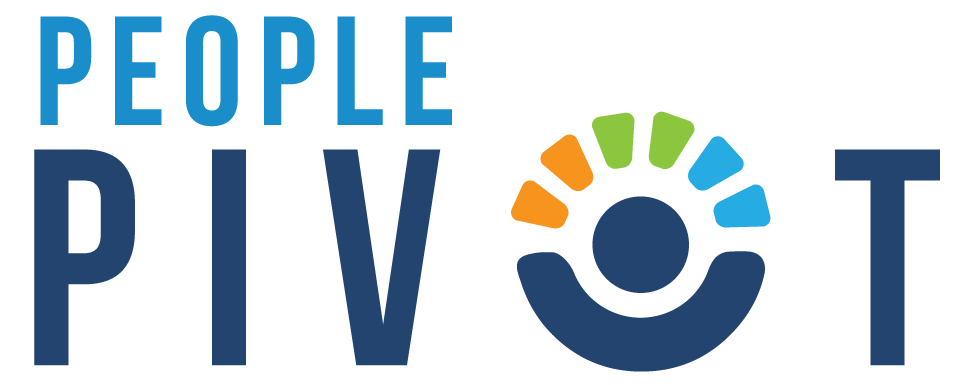Ah, job interviews. The mere mention of the term can send shivers down the spine of even the most seasoned professionals. But fear not! Whether you’re a fresh graduate or a veteran in your field, this blog post is your ultimate guide to acing that interview. We’ll delve into common interview questions, the psychology behind them, and how to leave a lasting impression on hiring managers. So, grab a cup of coffee, sit back, and let’s get started!
The Psychology of Interview Questions
Before we dive into the questions themselves, let’s take a moment to understand the psychology behind them. Hiring managers aren’t just looking for rehearsed answers; they’re evaluating your problem-solving skills, emotional intelligence, and cultural fit. So, when you answer, think beyond the question. What is the interviewer really trying to gauge?
Example:
Question: “Tell me about a time you faced a challenge at work.”
What They’re Really Asking: Can you handle stress? Are you a problem solver? Do you work well with others?
Common Interview Questions and How to Navigate Them
1. “Tell Me About Yourself.”
Do’s:
– Keep it professional
– Highlight relevant experience
– Mention your career goals
Don’ts:
– Dive into your life story
– Discuss irrelevant hobbies
– Ramble without focus
Example:
Good Answer: “I’m a marketing professional with 5 years of experience in digital marketing. I’ve led campaigns that increased web traffic by 40% and have a passion for data-driven strategies. My goal is to move into a managerial role.”
Bad Answer: “Well, I was born in Ohio, and I love cats. I’ve done a bit of this and that, you know, just trying to find what I like.”
2. “Why Do You Want to Work Here?”
Do’s:
– Research the company
– Align your answer with the company’s values
– Be specific
Don’ts:
– Say you’re in it just for the money
– Be vague
– Show lack of knowledge about the company
Example:
Good Answer: “I’ve always admired your company’s commitment to sustainability and innovation. I believe my skills in project management would contribute to your ongoing projects in renewable energy.”
Bad Answer: “You guys are hiring, and I need a job.”
3. “Describe a Time You Demonstrated Leadership.”
Do’s:
– Use the STAR method (Situation, Task, Action, Result)
– Be specific
– Show impact
Don’ts:
– Be vague
– Take all the credit
– Neglect the result
Example:
Good Answer: “At my previous job, our team faced a deadline for a project that seemed impossible to meet (Situation & Task). I took the initiative to delegate tasks and set up daily check-ins (Action). We not only completed the project on time but also received commendations from upper management (Result).”
Bad Answer: “I’m always telling people what to do, so I guess I’m a good leader.”
IMPRESSING THE HIRING MANAGER
Be Yourself, But Better
Authenticity is key. Hiring managers can spot a fake from a mile away. However, this doesn’t mean you shouldn’t put your best foot forward. Be the best version of yourself.
Ask Thoughtful Questions
Remember, interviews are a two-way street. Asking questions like, “What does success look like in this role?” or “How does this position contribute to the company’s goals?” shows that you’re engaged and have done your homework.
Follow Up
A simple thank-you email can go a long way. It not only shows your appreciation but also keeps you fresh in the hiring manager’s mind.
Conclusion
Job interviews don’t have to be nerve-wracking experiences. With preparation and a deep understanding of what hiring managers are really asking, you can navigate even the trickiest questions with ease. So go ahead, put on that power suit, and knock ’em dead!
Happy interviewing! 🌟

